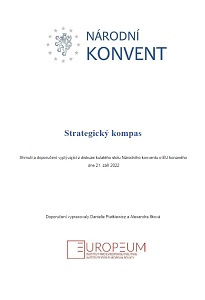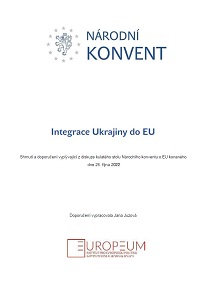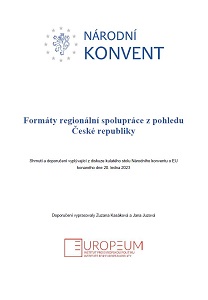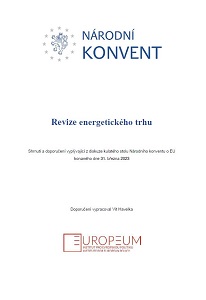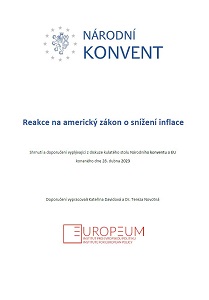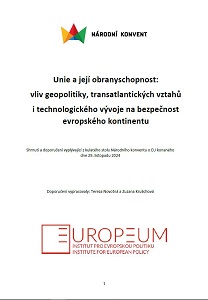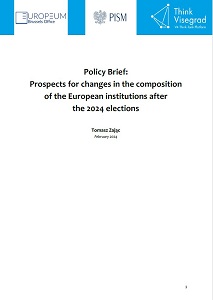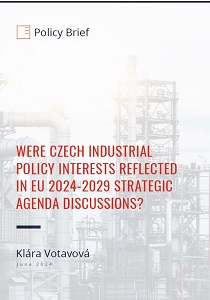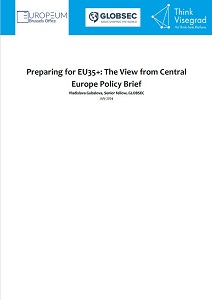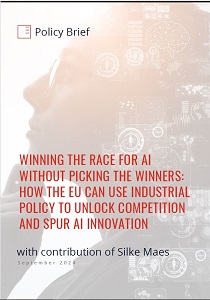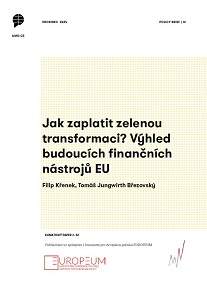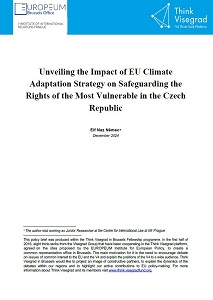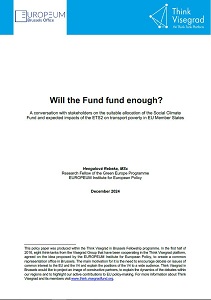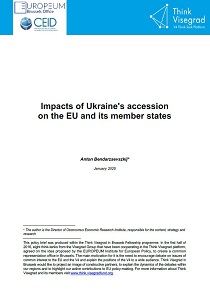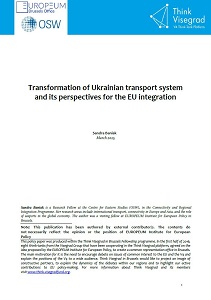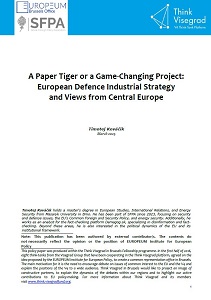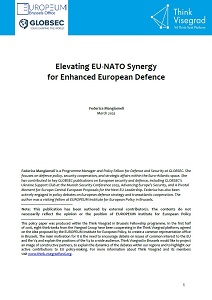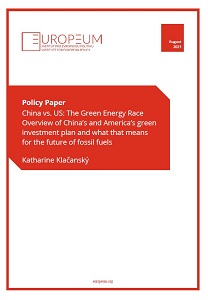
China vs. US: The Green Energy Race Overview of China’s and America’s green investment plan and what that means for the future of fossil fuels
This paper calls on global renewable energy leaders such as China and the United States to collaborate more closely by building a competitive sustainable energy platform, along with its global partners such as the European Union. By sharing information, costs, and efforts, it would possibly accelerate technological advancements towards more renewables and climate-friendly policies. The idea is for governments to create an environment in which companies can compete to produce more renewable technologies. China is realizing quickly that if governments increase their efforts, especially by supporting research and development, this is likely the key to winning the “green-energy race”. Better yet, increased technology cooperation and competition between countries and their respective companies, could help motivate and engage other countries into action as well and ultimately mitigate greenhouse gas emissions.
More...
